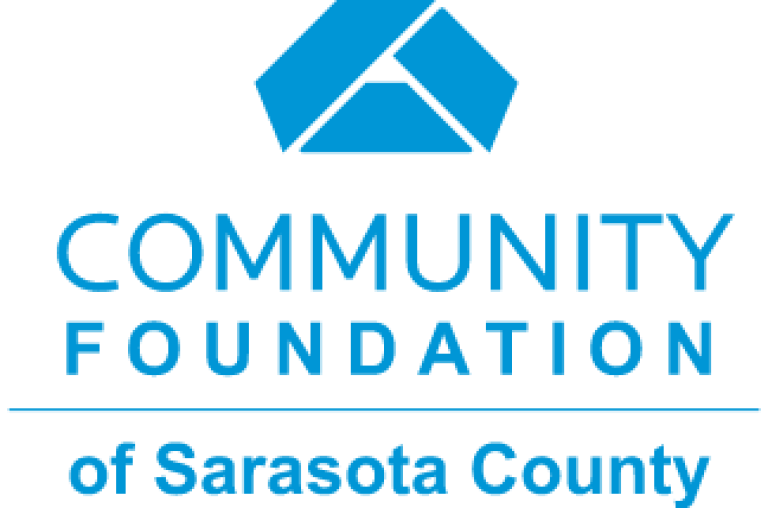October 14, 2021
From Identification to Success: Supporting Students with Learning Differences at St. Mary Academy
Categories: Donors, EMPOWERMENT AND SUCCESS: Literacy Support, Nonprofits, Strauss Literacy Initiative,
Editor’s Note: In-depth research and exploratory pilot programs are helping develop the Strauss Literacy Initiative, a collaborative effort managed by the Community Foundation of Sarasota County, to help identify and intervene with learning differences so students of all ages can access much-needed resources. Strategic partnerships and grantmaking with an evolving group of partners will support these efforts.
St. Mary Academy is one of those partnerships developed to help children, families and educators as this initiative grows. With support from the initiative, students with dyslexia have been able to access scholarships to attend St. Mary Academy and succeed in an environment conducive to their needs, and teachers have been able to participate in Orton-Gillingham training, a direct and multisensory way to teach literacy for struggling readers.
For more information about dyslexia, visit The Yale Center for Dyslexia & Creativity's Dyslexia FAQ.
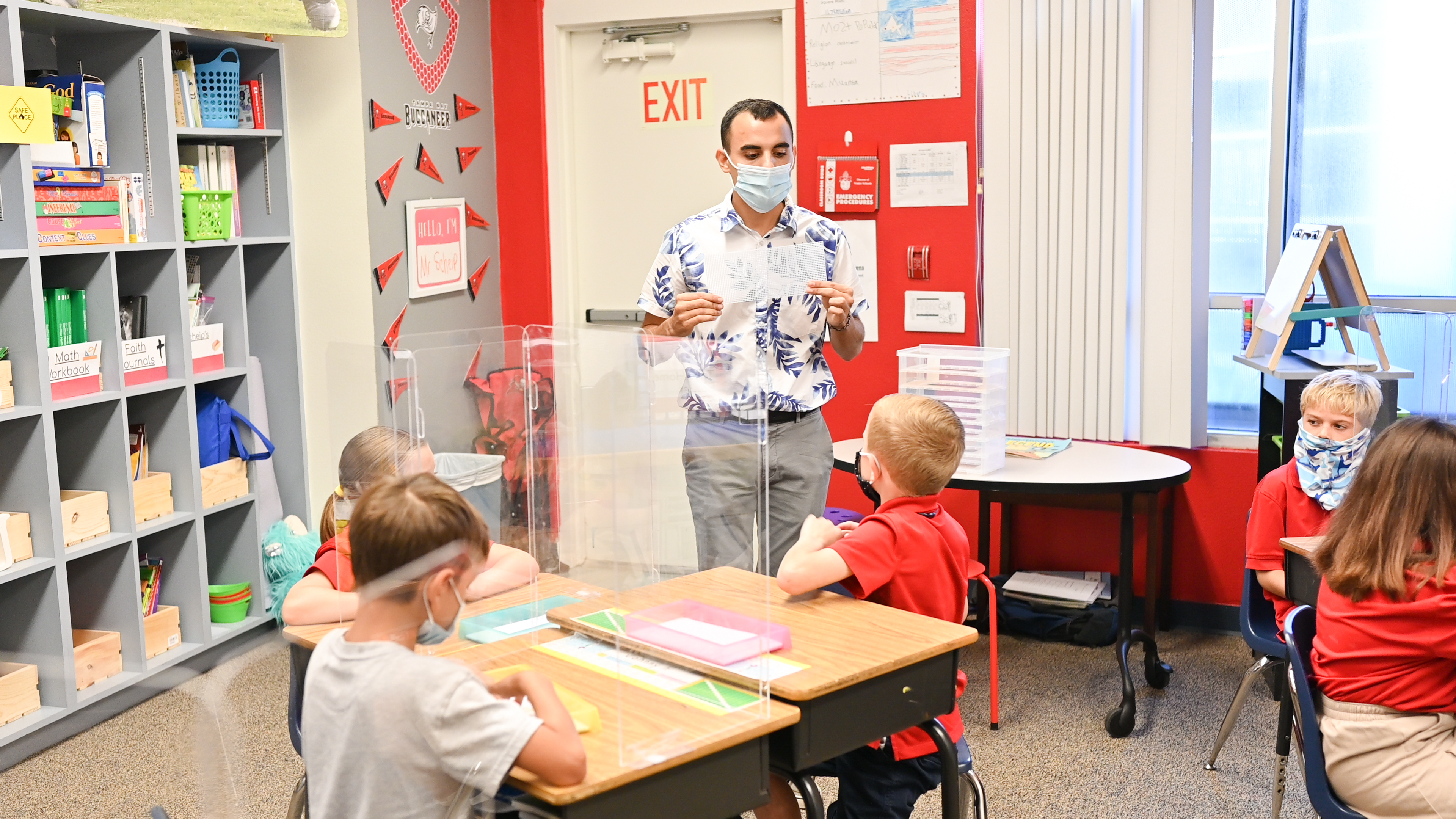
St. Mary Academy third-grade teacher Mr. Scheip speaks to his class.
The energy is high in Mr. Scheip’s third-grade classroom at St. Mary Academy. His students are engrossed in the lesson, waiting with excitement for their next direction.
Today’s literacy segment begins with kinetic sand. Students place multicolored trays of dusty sand on their desk, anticipating what’s next.
“The sound is ch,” Scheip says.
Each student scribbles a message in the sand with their fingers. Then, in unison, they repeat. “C-h says ch.”
“Shake,” Scheip tells them, and they move their sand from side-to-side, creating a blank slate for the next sound.
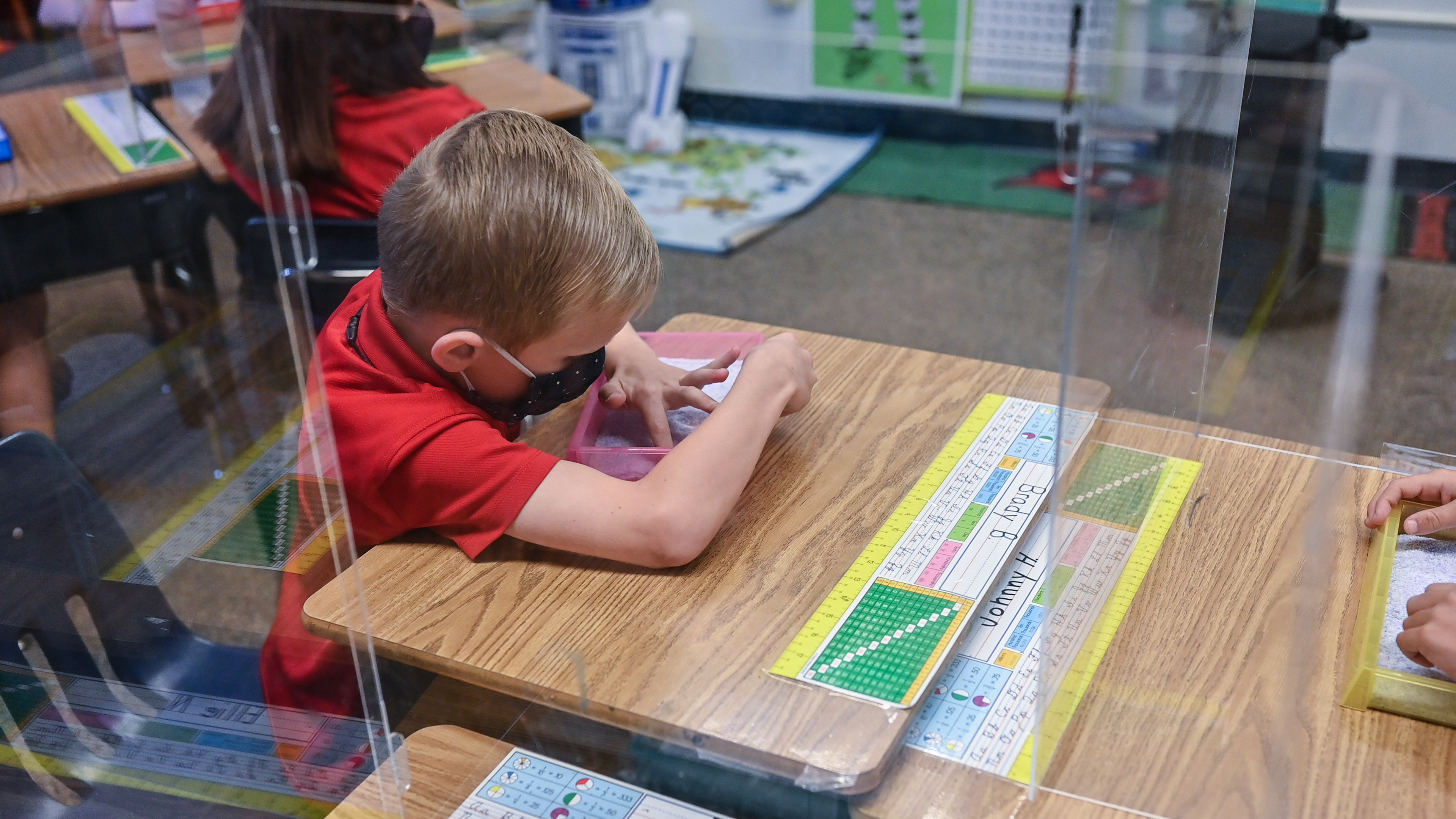
A third-grade student at St. Mary Academy spells in kinetic sand.
When most of us read, we think little of the neurological processes in place that the act requires. We have a fluency that makes reading feel like a reflex. But for students with dyslexia and other learning differences, the components that make up reading, like sounds and spelling, are not intuitive.
Parents who send their kids to St. Mary Academy generally know their child has a learning difference. The school is dedicated to serving students with learning challenges. What parents don’t always know is the path forward — how to go from identification to success.
For St. Mary Academy parent Amy Stipancich, her son’s dyslexia diagnosis came as a shock. He had recently been released from a pre-K stint in speech therapy. But his Kindergarten teacher suggested he receive further screening.
“I don’t even think he knows his ABCs yet,” her son’s teacher told Stipancich. His instructor knew what it was like to struggle with reading — after all, she had dyslexia herself.
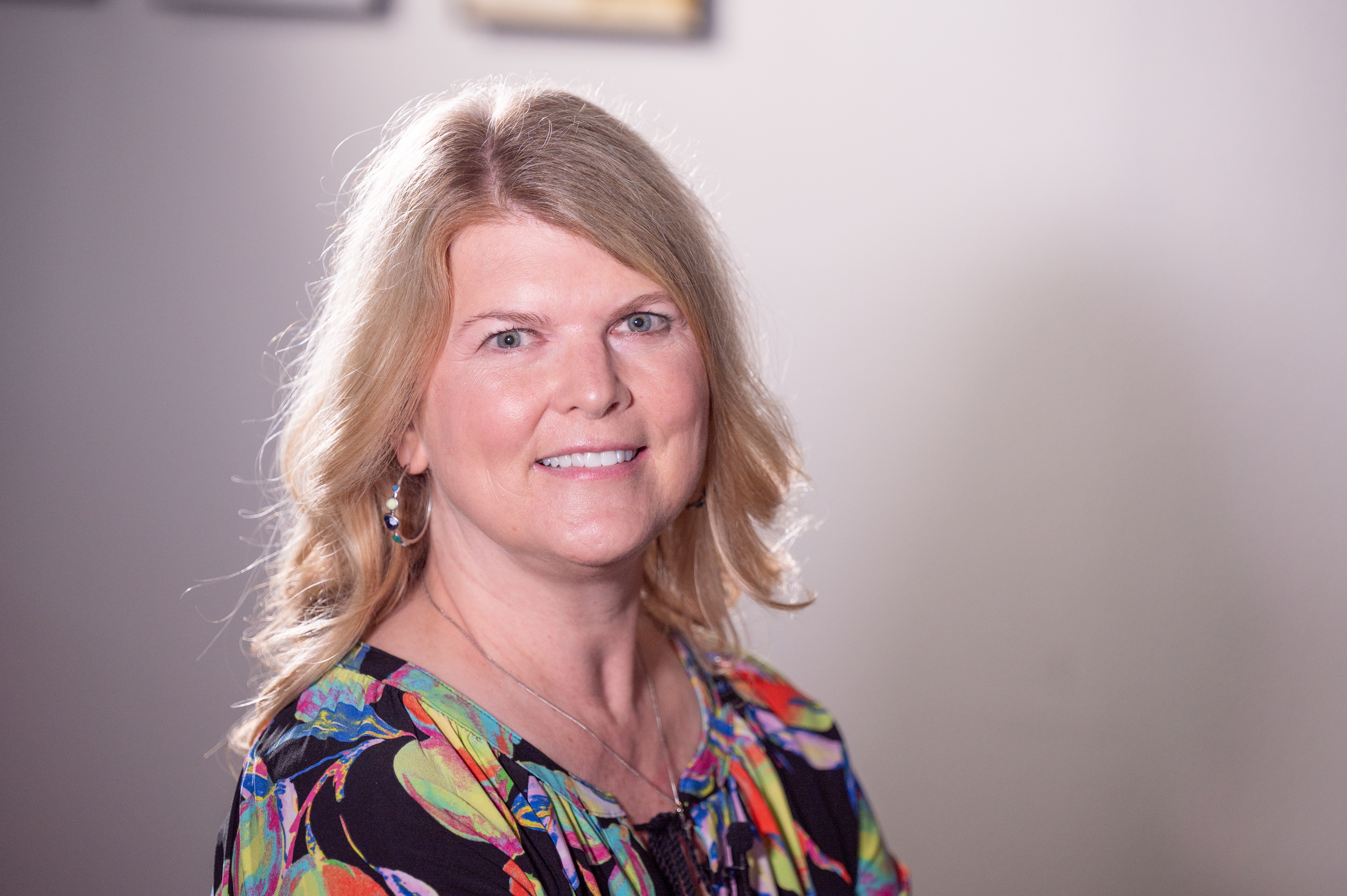
St. Mary Academy parent Amy Stipancich.
Stipancich immediately enrolled her son in a battery of appointments. He routinely had five meetings a week with various specialists — a speech and language pathologist, occupational therapist, tutor, and a psychologist, all with the intended goal of identifying his learning differences early and getting the necessary help.
But not every parent at St. Mary Academy has the resources to find a tailor-made solution at any cost. Laura Westcoot watched her daughter struggle with reading in second grade. She researched how best to help her child, but Westcoot was hampered by her family’s financial situation. When she learned of St. Mary Academy and the scholarships provided by the Community Foundation of Sarasota County, she felt — as if for the first time — hope.
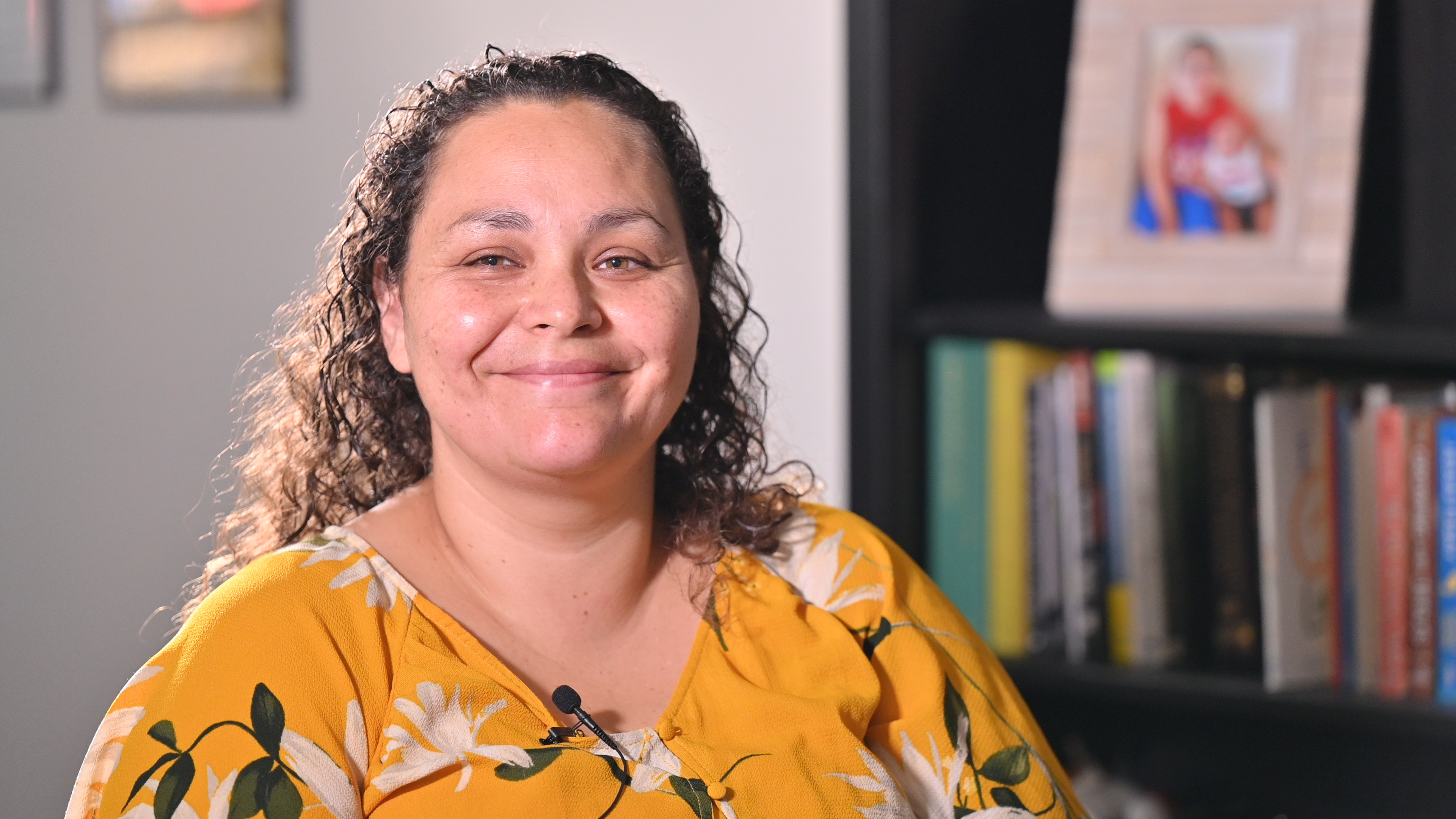
St. Mary Academy parent Laura Westcoot.
“I know she’s in the right place with the right people to be able to help her,” Westcoot said of her daughter. “I help her as much as I can, but I know she’s here with the right people.”
Other parents, like Jeannie Bell, tried a litany of doctors and therapists with their child, but to no avail. Bell wanted her son to feel confident and excited about school. But she was coming up dry. So when she learned of a potential opportunity at St. Mary Academy, she figured there was no harm in giving it a try.
When Bell dropped her son off for his shadow day, a student trial run of St. Mary Academy, she awaited his review nervously. At drop off, he was in tears. By the time she picked him up, he was “ecstatic,” she said.
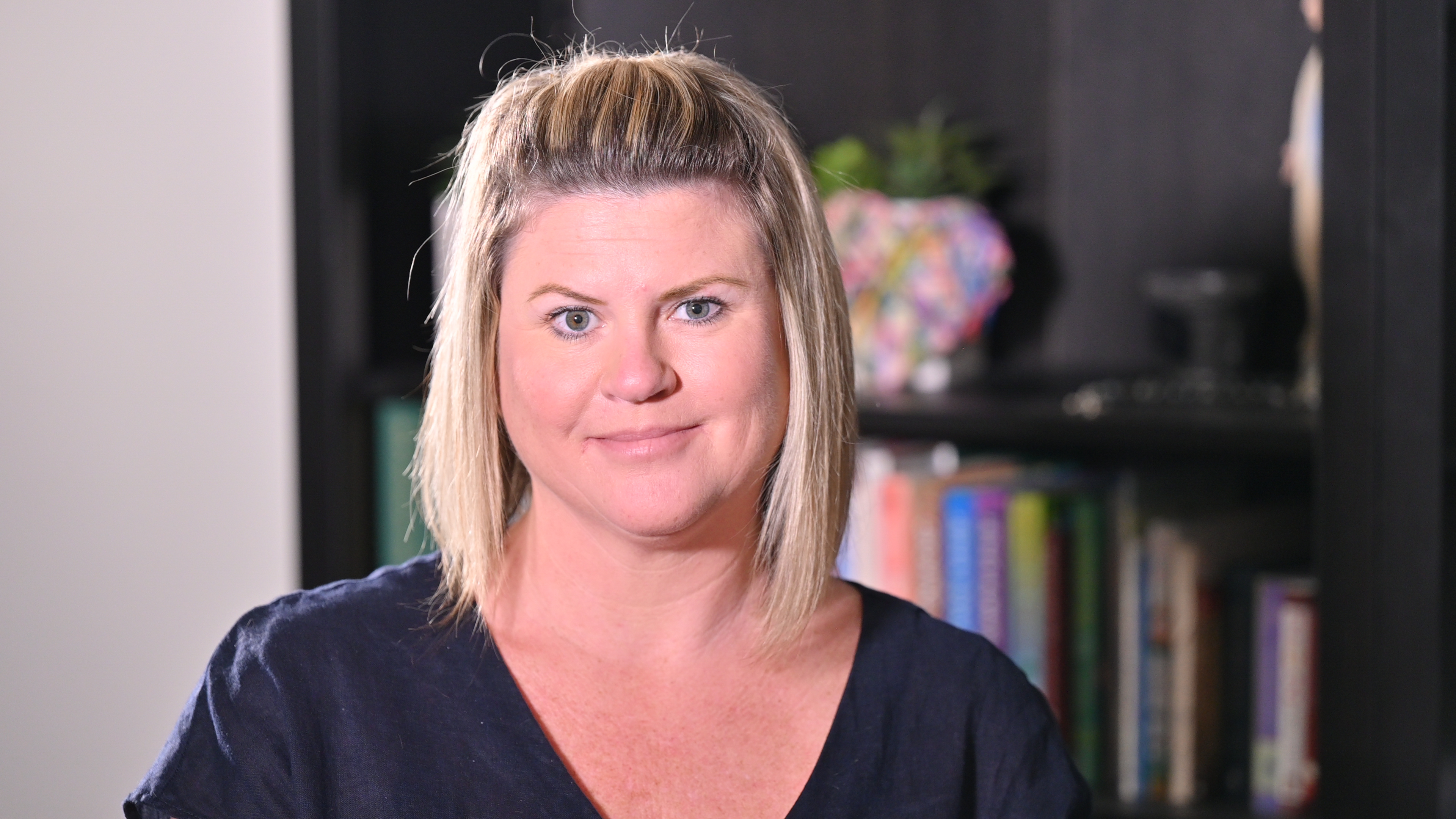
St. Mary Academy parent Jeannie Bell.
“He didn’t want to go back to his current school,” she said. “We wish they had a bed here to keep him. The weekends are too long for him. He feels very included and accepted here.”
These reactions from parents are not the exception, but the norm, according to principal Rebecca Reynolds.
“What we see is that once our families start school, their child feels at home,” she said. “The families feel supported and their child feels accepted. No academic gain is going to come if a child is not feeling comfortable.”
St. Mary Academy students don’t learn incorrectly, teachers say. They learn differently. It’s an important distinction, both mentally and emotionally.
At the beginning of each school year, students take benchmark tests to assess their reading speed, grade equivalency, phonetic understanding and comprehension skills. Teachers then use that information in the classroom.
“It’s very data-driven teaching, so we’re always able to look for the academic gaps and close those gaps,” said curriculum specialist Julie Dapper. “We’re also looking for strengths to be able to help support the students.”
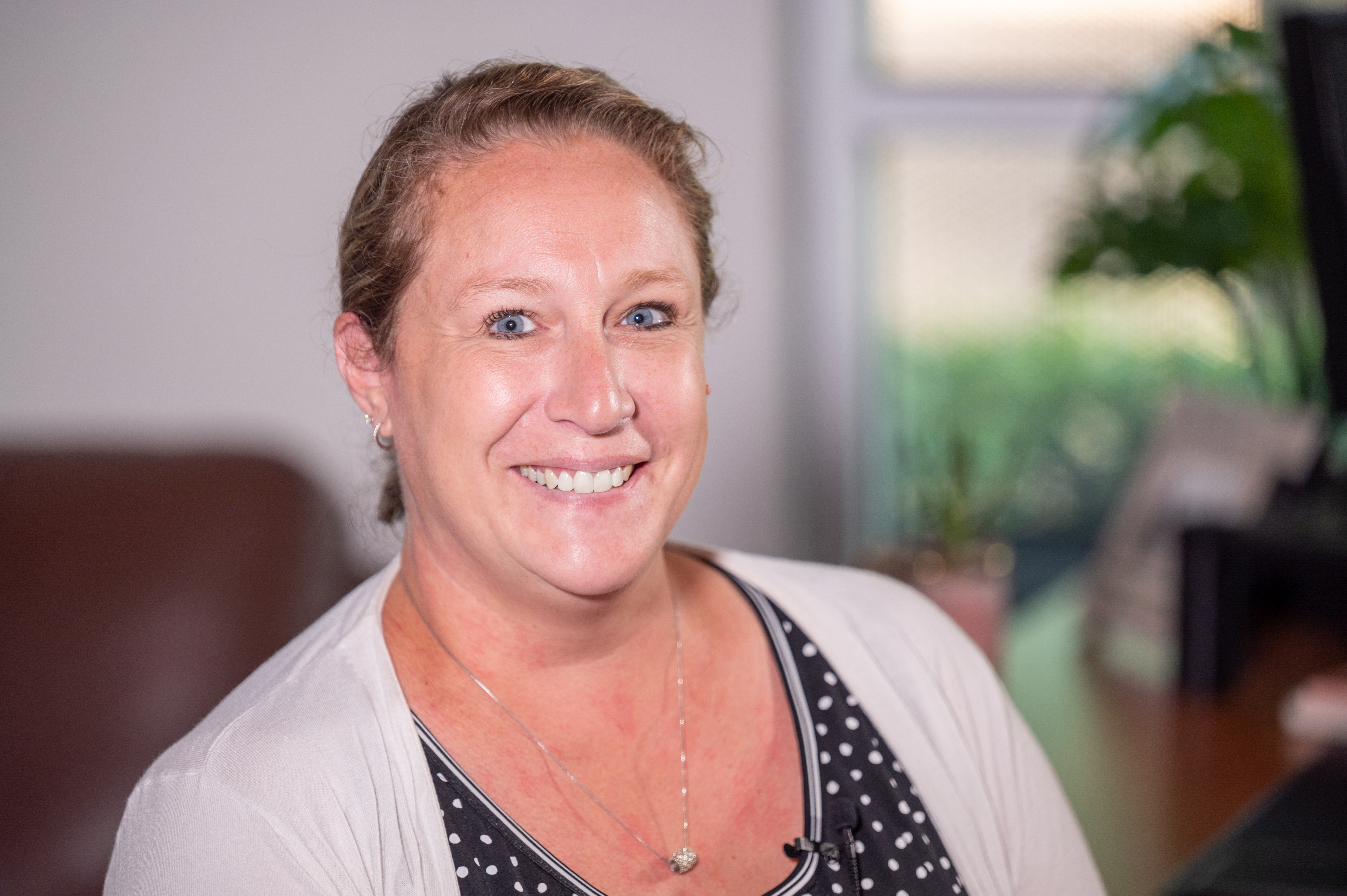
St. Mary Academy curriculum specialist Julie Dapper.
One key factor helps St. Mary Academy teachers and therapists establish a consistent method when teaching students with dyslexia: Orton-Gillingham training. The renowned reading program created for dyslexic children offers a multisensory approach to literacy. At St. Mary Academy, every teacher has some understanding of the method, thanks to funding from the Community Foundation.
For the school’s speech and language pathologist Katie Rierson, this has made all the difference. Now, she can enter a classroom and immediately speak the language of Orton-Gillingham with teachers.
“I can walk in and say, ‘Where are we with the red words? Are we taping it out? Are we bridging it to writing?’” she said. “Since everyone has been trained, I watch the progress of these students move much more quickly.”
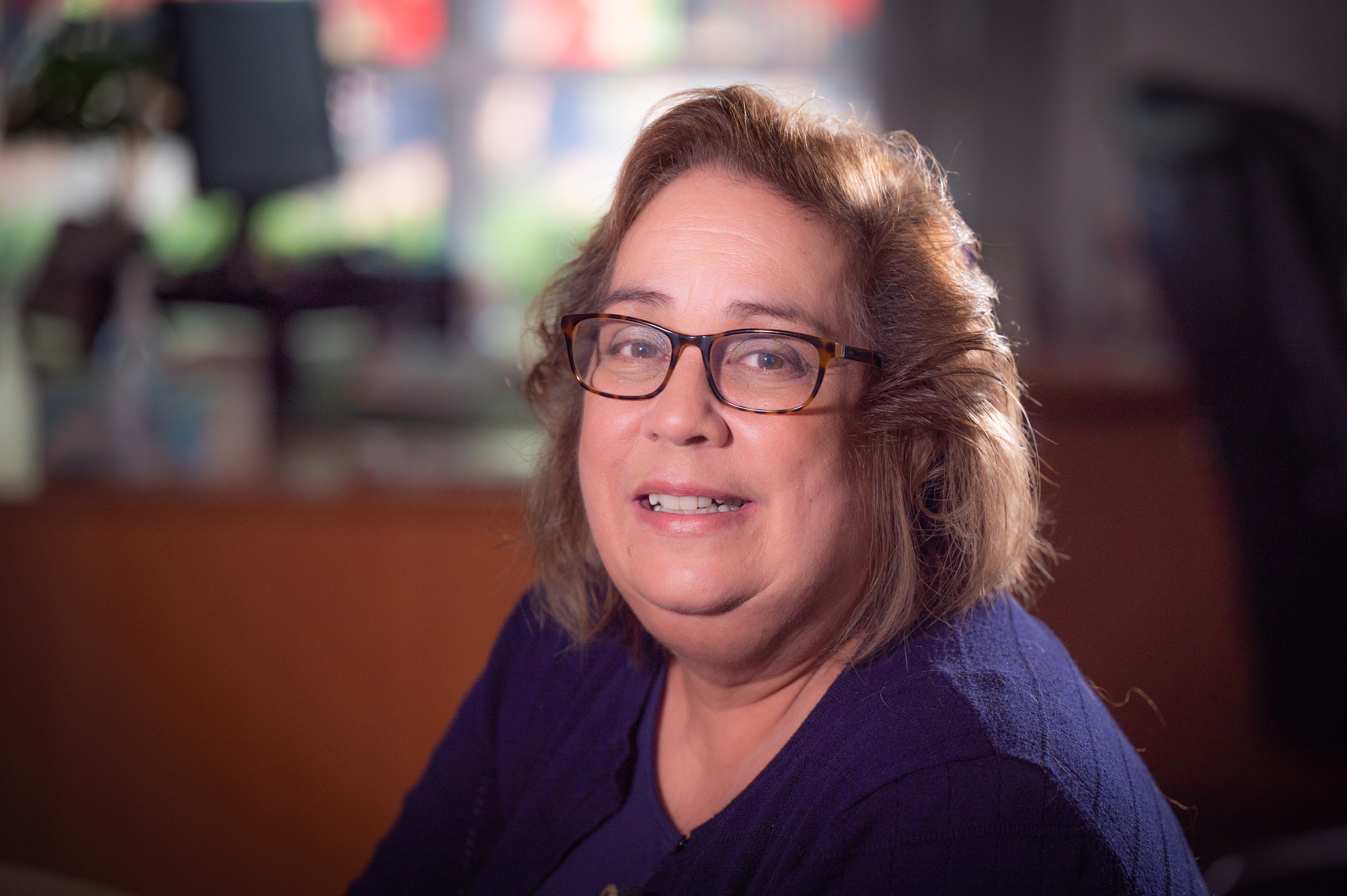
St. Mary Academy speech and language pathologist Katie Rierson.
Rierson’s care for her students is palpable as she speaks. She calls her job a “passion,” not just a “career.” She’s watched children struggle to get through a page or even a paragraph of a book. When they read the words and understand their meaning simultaneously, that is a breakthrough moment.
Their potential for success from there is exponential, far from what families may have envisioned at the start. One parent told Dapper they never thought their child would finish high school. She is visibly moved while recalling it. “The sky's the limit for this child,” she told them.
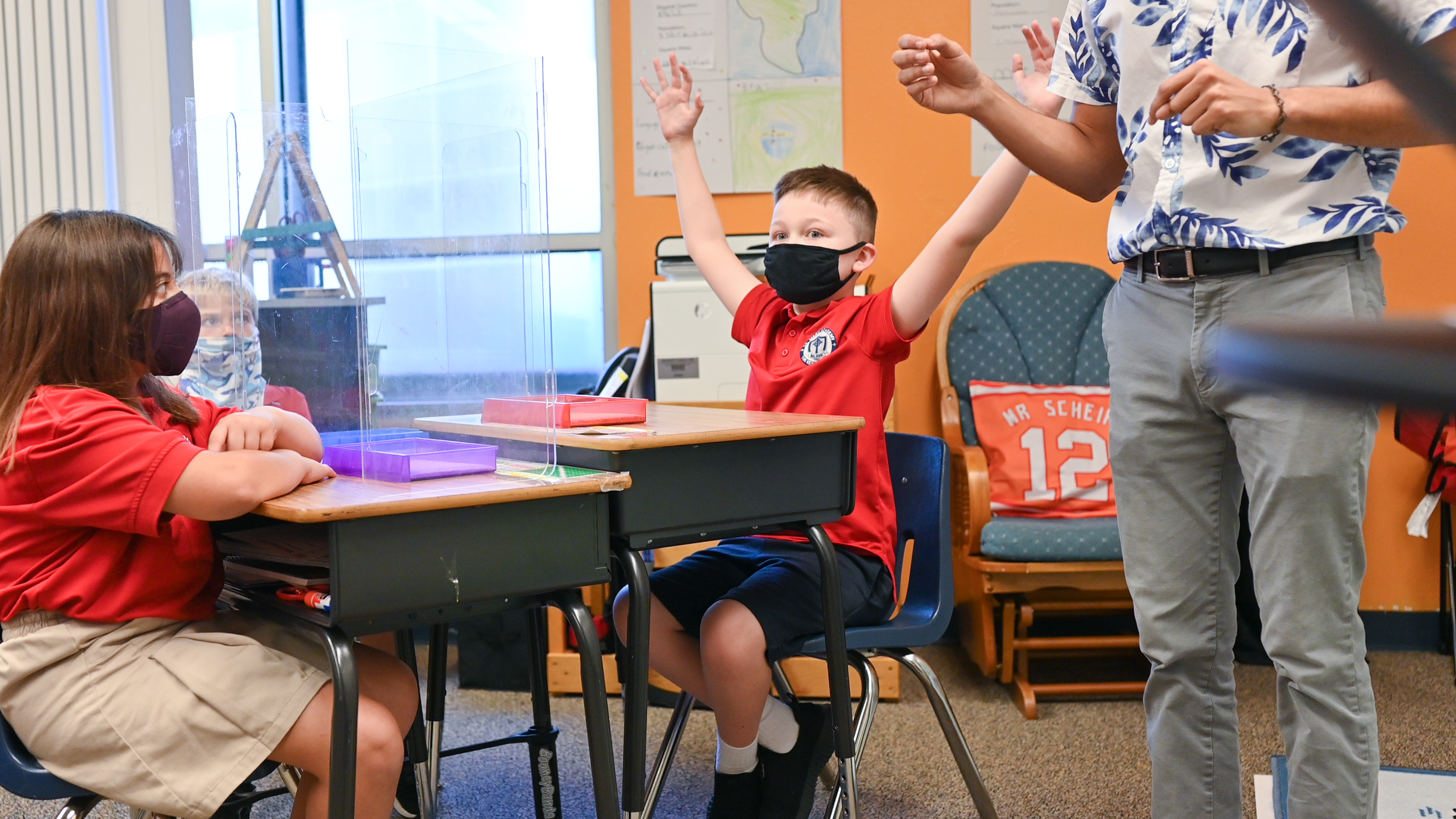 A third-grade student at St. Mary Academy celebrates spelling a sound correctly and sharing it with the class.
A third-grade student at St. Mary Academy celebrates spelling a sound correctly and sharing it with the class.
Stipancich’s son started with five appointments a week, but now he’s down to only one. He loves history, and she finds him watching educational videos or reciting historical details so specific that she wonders how he remembers them.
“The picture of your child is not going to look the same at the initial moment of diagnosis as it will down the road,” Stipancich said. “The struggles that you see can actually be gifts down the road. We come to find out our kids are talented in other ways.”
